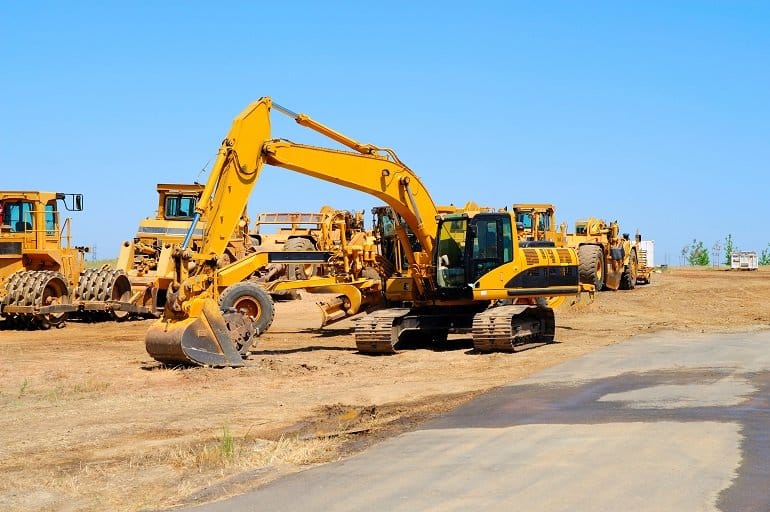In the construction industry, the decision between renting and owning equipment is a significant one. While purchasing heavy construction equipment might seem like an investment, renting offers a range of strategic advantages that can support your business’s growth and profitability. This article discusses the strategic benefits of renting over owning heavy construction equipment and why many contractors opt for rental solutions.
High Initial Costs and Depreciation
Purchasing construction equipment requires a substantial upfront investment, which can be prohibitive for many businesses. On top of the initial costs, owning heavy construction equipment means incurring long-term depreciation. Equipment loses value the moment it is purchased, which can result in a financial drain if the equipment becomes outdated or rarely used.
Renting heavy construction equipment eliminates these concerns. By renting, you only pay for the duration the equipment is needed, ensuring that you only incur costs when the equipment is in use. Additionally, maintenance is usually included when renting equipment, saving you money on repairs and upkeep.
Flexibility in Equipment Usage
Depending on the particular tasks involved, construction projects frequently call for a variety of equipment types. When you own equipment, you are limited by what you have available. In contrast, renting gives you the freedom to choose the appropriate tools for every task.
With heavy construction equipment rental, you can easily switch between models and types, ensuring your crew has the most appropriate tools for the job. Whether you need excavators, cranes, or bulldozers, rental companies provide a wide range of equipment that can meet your needs.
Reduced Maintenance and Repair Costs
Owning construction equipment requires ongoing maintenance and occasional repairs, which can add up over time. Even if the equipment is not in use, it still requires periodic servicing to maintain its functionality. Because the rental provider takes care of the equipment’s upkeep and repairs, renting lets you avoid these expenses.
Heavy construction equipment rental providers ensure their machines are regularly serviced, reducing the likelihood of malfunctions during your projects. Additionally, in order to minimize downtime and project delays, rental agreements frequently include the option to exchange equipment in the event of failure.
No Storage and Insurance Hassles
When you own heavy construction equipment, you must also manage storage space and ensure the equipment, adding to your overhead costs. Renting equipment eliminates the need for storage and insurance. Rental companies typically provide storage for their machines and insure them, ensuring they are covered in case of damage or loss.
For contractors who lack the space or resources to store equipment, renting makes practical sense. It allows you to free up valuable space and focus on your core business activities.
Scalability and Growth Opportunities
As your business expands, so do your equipment needs. Renting heavy construction equipment enables you to scale your operations without the financial burden of purchasing new machinery. You can rent additional equipment as needed and return it when the project is complete. This scalability provides flexibility for companies to take on larger projects without the need for significant investment.
Conclusion
The strategic advantage of renting heavy construction equipment over owning it lies in cost savings, flexibility, reduced maintenance, and operational efficiency. Renting enables construction companies to manage their cash flow better, avoid unnecessary expenses, and focus on growing their business without the burden of equipment ownership.










